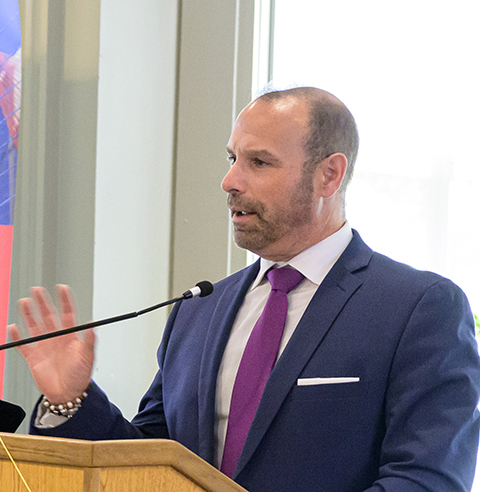US Zoning & Land Use: Universal Legal, Financial, and Stakeholder Strategies in Real Estate Development
Dive into the legal, financial, and psychological considerations of modern permitting and entitlements in real estate development in this interactive online program.
Led by a dynamic instructor duo with decades of insider insights in zoning and development, who will use a real-world case study, active discussion of current trends (from Florida’s Live Local Act to Massachusetts’ MBTA Communities Act and California’s SB9), a mock-trial-style Zoning Board of Appeals (ZBA) hearing, and a proprietary financial “Go” / “No-Go” decision-making model to go beyond surface-level insights.
Attendees can expect to emerge from this program ready to deploy new core skills in permitting finance, decision-making, run through the lens of the ultimate externality – people, priorities, personalities, and our built environment.
What to Expect

Interactive group exercises – including a mock hearing

Post-session instructor Q&A
Instructors

Stephen Hutto
Founder and Managing Director, 40|M

Rob Ciampitti Jr.
Partner/Co-Founder, Liberty Law
Registration is currently closed
US Zoning & Land Use: Universal Legal, Financial, and Stakeholder Strategies in Real Estate Development
April 3, 5, & 8, 2024 | 11:00am – 01:00pm Eastern
Online
Tuition: $1,400
CEUs: 6 AIA LUs , 6 AICP/CM, 6 LA/CES
AMDP Elective Units: 1
Sign up for program updates
Please sign up above if you would like to be notified when the next session is announced.
Discounts & Deadlines
Please email us at [email protected] with any questions and to ask about group signup.
Registration Deadline: 3 hours before the start of the program.

